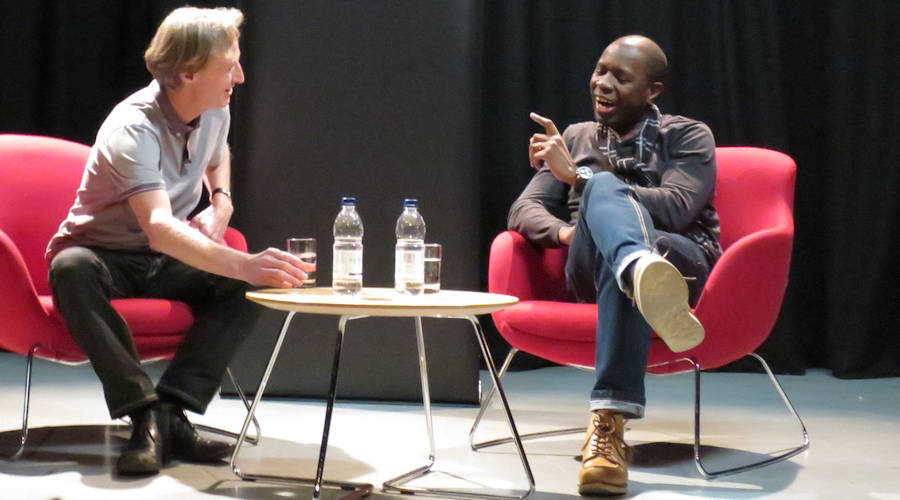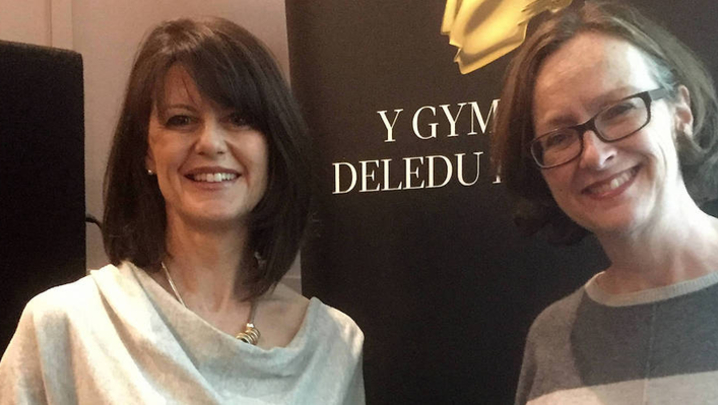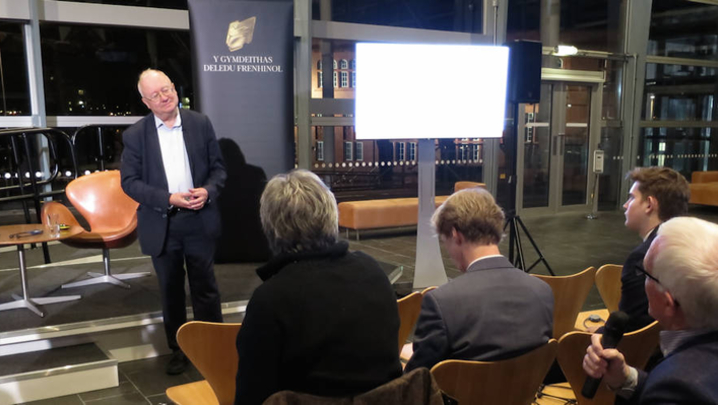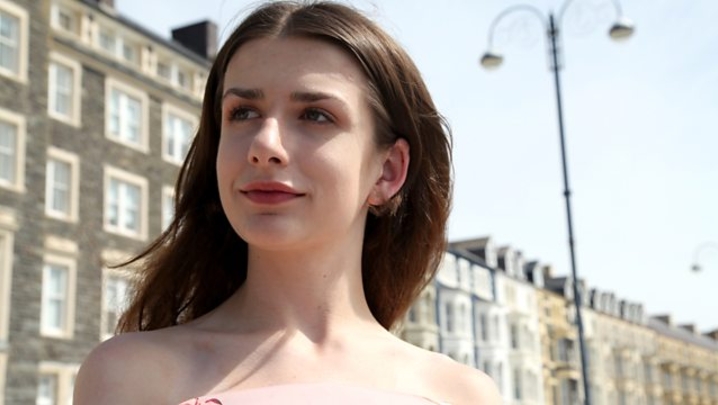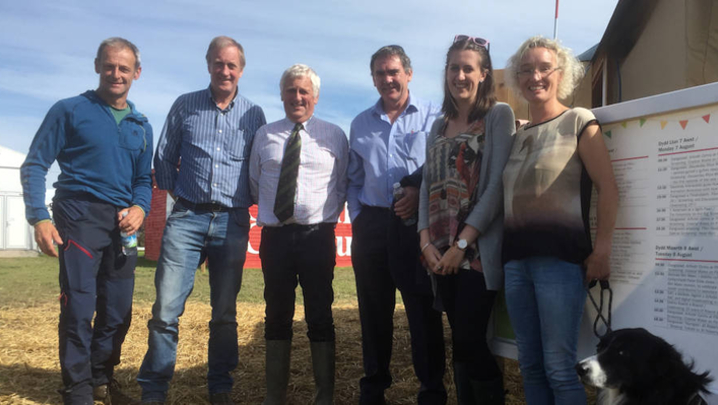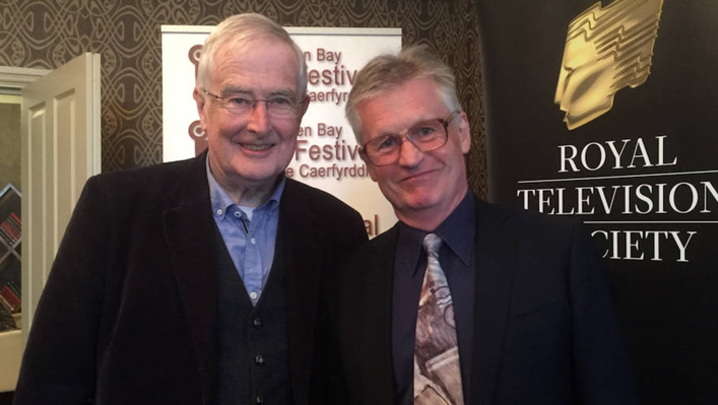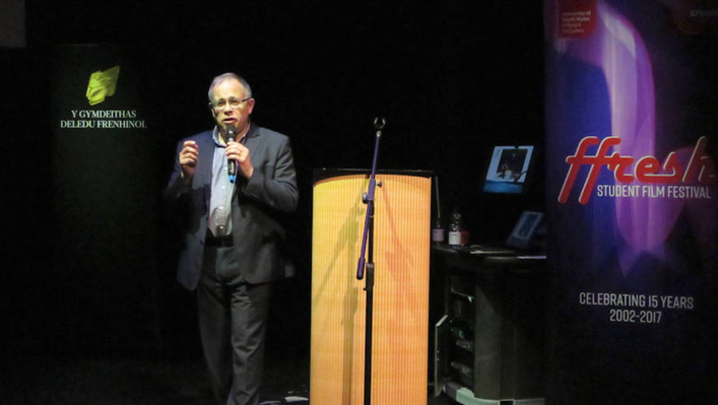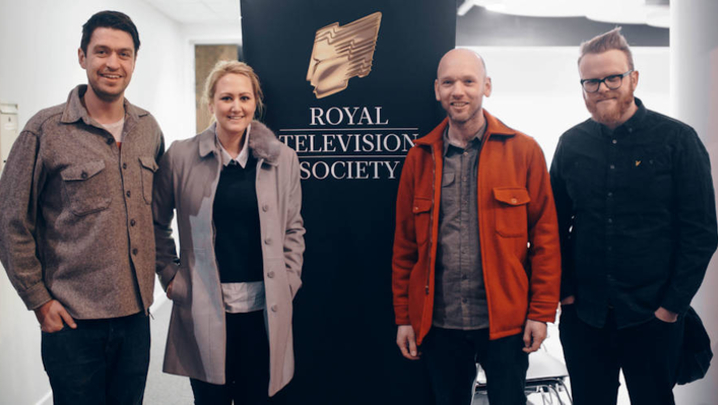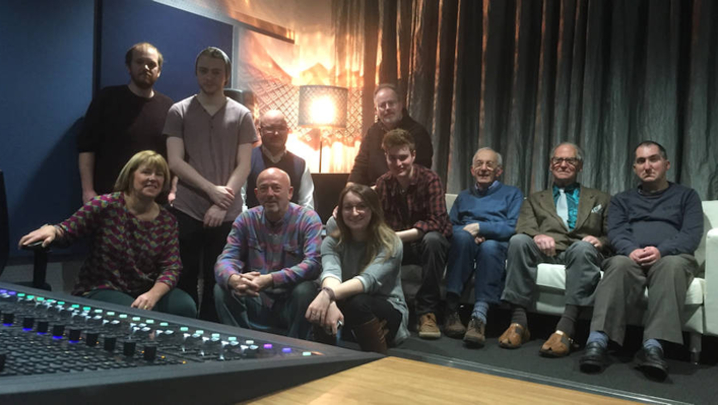Clive Myrie is one of the BBC’s most experienced foreign correspondents. He came to the ATRiuM building of the University of South Wales on the 16th February to join The Royal Television Society for an evening of discussion.
Tim Hartley, Chair of The Royal Television Society Cymru, steered the discussion with a crowd of student journalists, professionals and Clive Myrie fans.
Firstly, how did Clive get in to journalism – and what inspired him?
He said, “I was fascinated by the fact I saw a black person on television – this guy was Trevor McDonald”. He explained he had a paper round when he was younger and received a free newspaper as a result, he would go home and pretend he was Mr McDonald while reading his paper.
“There are still problems – there aren’t as many black people in this profession.”
Tim asked if Clive felt his race made it harder for him to get to where he is today. Clive is adamant it didn’t hinder him, if anything it helped. He said, “If the BBC doesn’t represent its audience, it will lose its license – I’m exactly the kind of person the BBC needs”.
Clive’s advice to journalists reporting in the era of fake news? “You have to call out what might be a lie” he said.
Speaking of the Donald Trump dossier, “It was a huge mistake for BuzzFeed to publish the dossier because a lot of it wasn’t true – it gave ammunition to colour the whole of the media. They did a disservice to all of us in the industry”.
Next, Tim said he couldn’t help but bring up Clive’s infamous, live discussion about Tyson Fury.
In 2015, Clive was hosting the late-night paper review with journalist, Miranda Green. They were discussing the Sports Personality of the Year award and a public petition that called for boxer, Tyson Fury, to be taken off the nominees list.
He defended his choice to swear on live TV, saying it was after the watershed and his choice of words didn’t count as slander.
He told the student journalists in the audience, “See everything and say nothing, stay longer than anyone else, go that extra mile, be keen, enthusiastic, have ideas”.

